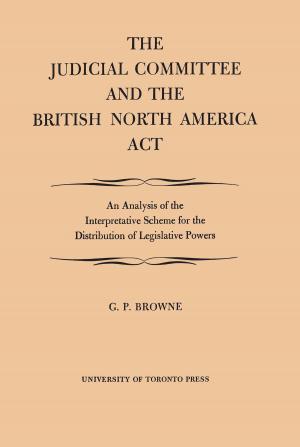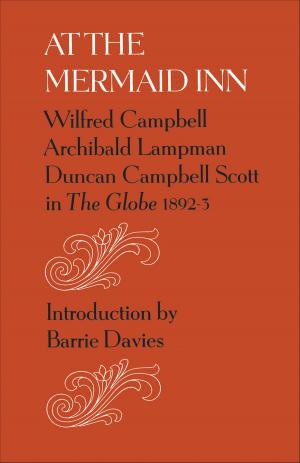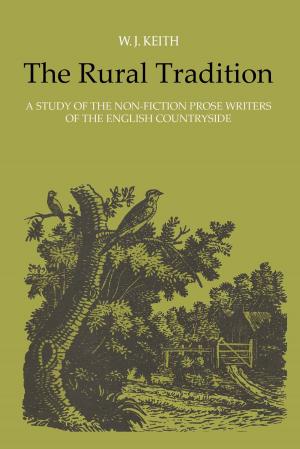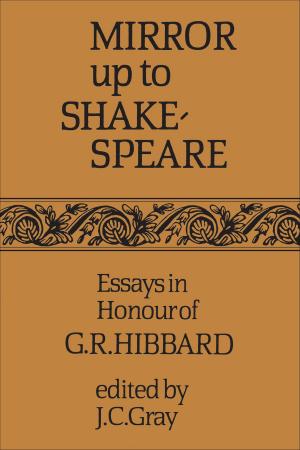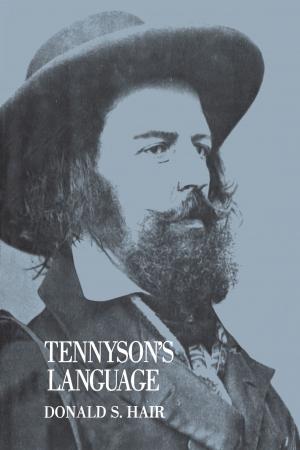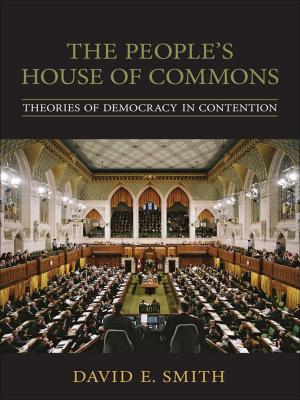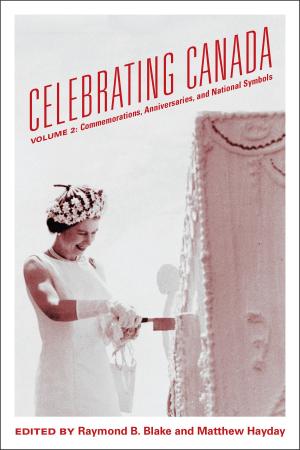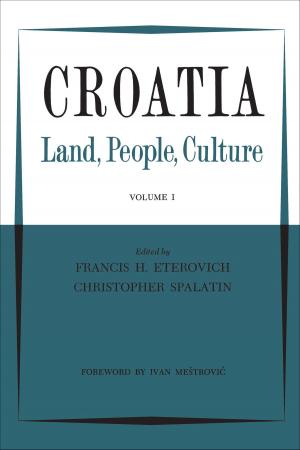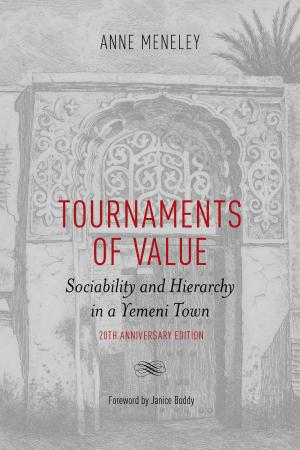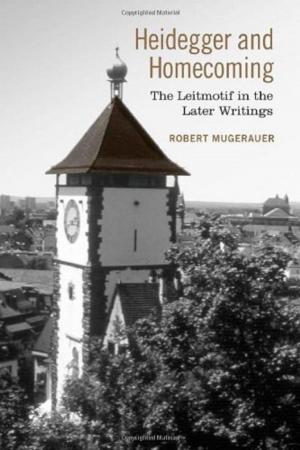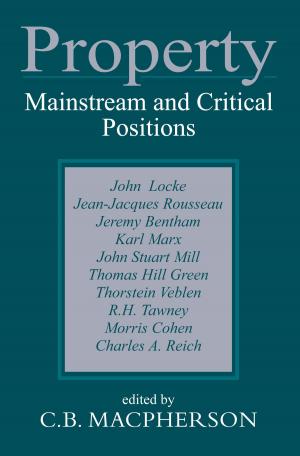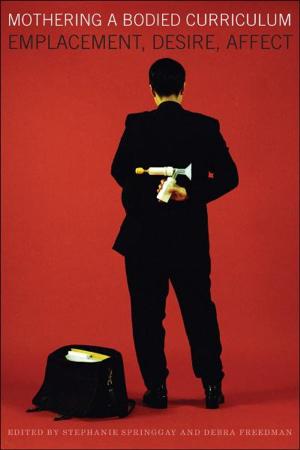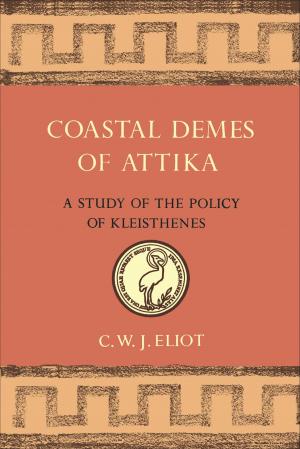The Prose Solomon and Saturn and Adrian and Ritheus
Fiction & Literature, Literary Theory & Criticism, Medieval, Theory| Author: | James Cross, Thomas Hill | ISBN: | 9781442637900 |
| Publisher: | University of Toronto Press, Scholarly Publishing Division | Publication: | December 15, 1982 |
| Imprint: | Language: | English |
| Author: | James Cross, Thomas Hill |
| ISBN: | 9781442637900 |
| Publisher: | University of Toronto Press, Scholarly Publishing Division |
| Publication: | December 15, 1982 |
| Imprint: | |
| Language: | English |
There are two prose dialogues in Old English, consisting together of some 109 questions and answers. These questions are related to the medieval Latin Joca Monachorum and Adrian and Epictus dialogues and deal with various and quite diverse topics. Some questions concern scripture and Christian tradition – 'How tall was Adam,' 'where did he get his name,' and 'what are the eight parts of which he was made.' Some questions are scientific or quasi-scientific – 'Where does the sun go at night,' 'what is the number of birds.' Others concern riddles or proverbial lore. Together they are the early medieval equivalent of the Guinness Book of Records, a gathering of odd facts and curious information designed to amuse and entertain.
This edition from the British Library manuscripts provides translations of these dialogues, and, more important, traces the sources of these sometimes rather curious ideas. The book will be useful to specialists and students concerned with Old English and medieval literature in general. The texts themselves are of some importance and the illustrative material gathered here is relevant to a wide range of problems. Yet the book is also intended, as were the originals, to amuse and instruct a wider audience, a new age of curious readers.
There are two prose dialogues in Old English, consisting together of some 109 questions and answers. These questions are related to the medieval Latin Joca Monachorum and Adrian and Epictus dialogues and deal with various and quite diverse topics. Some questions concern scripture and Christian tradition – 'How tall was Adam,' 'where did he get his name,' and 'what are the eight parts of which he was made.' Some questions are scientific or quasi-scientific – 'Where does the sun go at night,' 'what is the number of birds.' Others concern riddles or proverbial lore. Together they are the early medieval equivalent of the Guinness Book of Records, a gathering of odd facts and curious information designed to amuse and entertain.
This edition from the British Library manuscripts provides translations of these dialogues, and, more important, traces the sources of these sometimes rather curious ideas. The book will be useful to specialists and students concerned with Old English and medieval literature in general. The texts themselves are of some importance and the illustrative material gathered here is relevant to a wide range of problems. Yet the book is also intended, as were the originals, to amuse and instruct a wider audience, a new age of curious readers.

